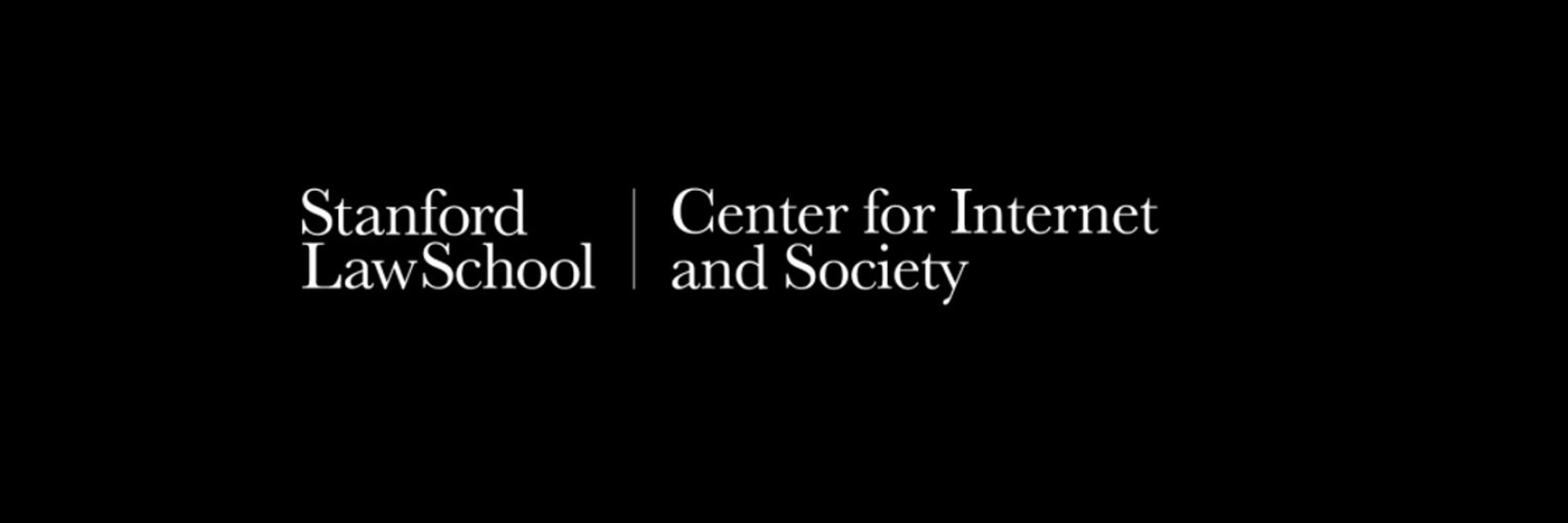Stanford CIS
@stanfordcis.bsky.social
97 followers
45 following
20 posts
Stanford Center for Internet & Society. See also @vanschewick.bsky.social
Posts
Media
Videos
Starter Packs
Reposted by Stanford CIS
Stanford CIS
@stanfordcis.bsky.social
· Sep 4
A Primer on Cross-Border Speech Regulation and the EU’s Digital Services Act
Some U.S. politicians have recently characterized European platform and social media regulation laws as “censorship” of speech in the U.S. If this claim were true, it would be a very big deal. As some...
cyberlaw.stanford.edu
Reposted by Stanford CIS
Reposted by Stanford CIS
Ryan Calo
@rcalo.bsky.social
· Jul 8
Stanford CIS
@stanfordcis.bsky.social
· Sep 2

Turquoise lamps on cars that cannot drive themselves
Back in 2011, as Nevada was developing regulations for automated driving, there was debate about whether vehicles should have a special external signal to indicate that they are in automated driving m...
cyberlaw.stanford.edu















